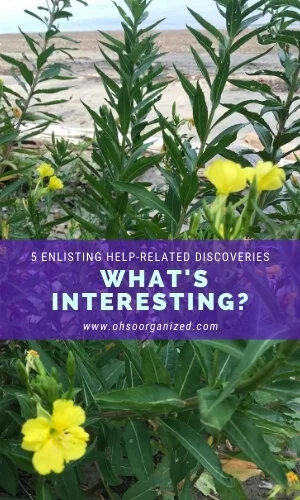As human beings, we can access life’s small things that can bring joy, gratitude, and some normalcy into our lives. And right now, at this moment in time, couldn’t you use a small piece of that? Life feels especially tumultuous with COVID-19 numbers soaring, a presidential election building to a crescendo, countries and regions returning to lockdowns, social, economic, political unrest, a recession, job and housing losses, and an undercurrent of anxiety. We’re resilient humans, but this a lot to live through and process.
A few months ago, my friend shared an article by science journalist Tara Haelle, Your ‘Surge Capacity’ Is Depleted – It’s Why You Feel Awful. It’s a must-read. One of the questions Tara asked spoke to me. I wrote it down to save for a rainy day, and today is that day. Tara asked,
“How do you adjust to an ever-changing situation where the ‘new normal’ is indefinite uncertainty?”
I love her question! How do we adjust when there are so many unknowns? How do we change when our energy is depleted from being in a chronic state of crisis? While I am confident that you will find your way forward despite the uncertainty, Tara offers many suggestions, which include . . .
Recognizing you’re experiencing loss
Accepting now that life is different
Expecting less from yourself
Focusing on self-care
Deepening your relationships
Nurturing your “resilience bank account”
I’m going to add one more, which is honoring a commitment to yourself or someone else. One of the promises I made to myself during the pandemic was to walk every day. Getting outside in nature has been essential for my well-being, mind, and body. Walking may not seem like a big deal, but it took a pandemic for me to turn this into a daily habit. Here’s the thing. I’m not a fan of rain and cold weather. Our New York spring has morphed into summer and now fall. The weather, feeling more wintry, has become a less desirable condition for my walks.
Yesterday was yucky. Yes. I did just use that word. It was cold, damp, and rainy. It was the afternoon, and I hadn’t yet walked. But I made a commitment, right? I opened the front door to investigate the situation and quickly closed it, announcing to my husband that it didn’t look like a good day for a walk. He asked me a simple question, “Don’t you have your purple rain boots?” He didn’t criticize me or make me feel bad for almost going back on my promise. Instead, he gently reminded me that I had the tools I needed.
Steve knows how much I love my purple rubber rain boots. The thought of wearing them motivated me to venture out. I put them on, added a few extra layers for warmth, a rain jacket, gloves, mask, and umbrella. The two of us headed outside in the rain. I loved the sound as the rain tapped on the umbrella. The rubber boots made my feet feel bouncy with each step on the pavement. I appreciated Steve’s company as we talked, walked, and noticed the changing fall landscape.
At that moment in time, surrounded by the rain, there was a feeling of normalcy, some calm within, and a sense of satisfaction that I kept my commitment with some encouragement from Steve.
From one human to another, when normalcy feels elusive, what helps you? What resources from within can you access? I’d love to hear your thoughts. I invite you to join the conversation.













